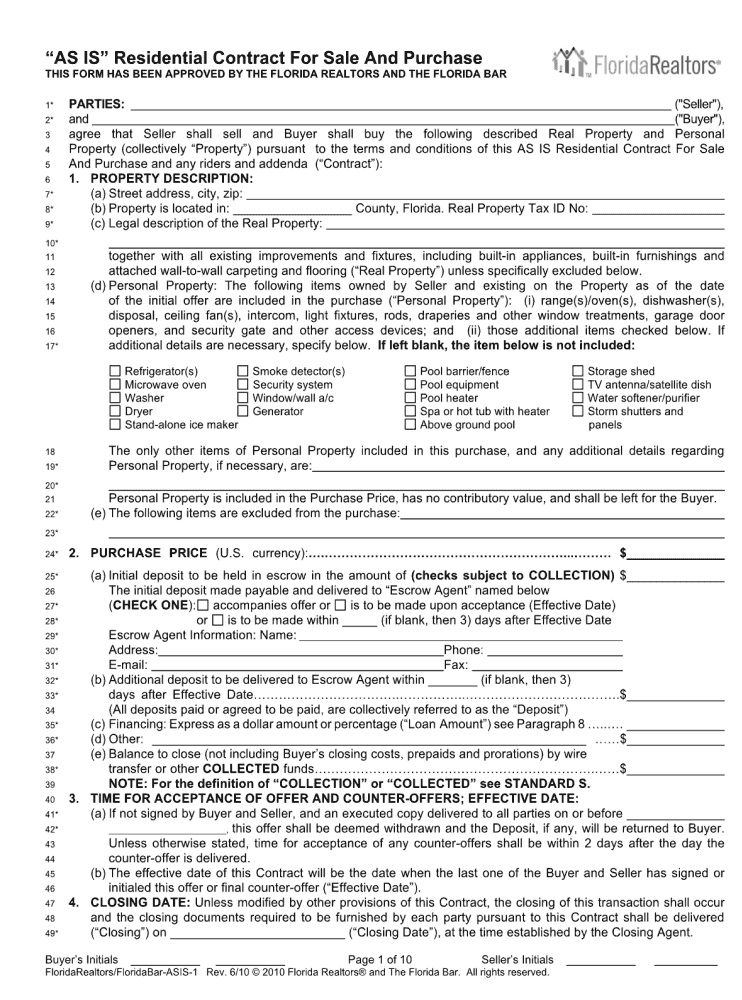Home Purchaser’s Change of Mind: Can You Get Out of a Real Estate Contract?
Thu Jan 12, 2023 by Oppenheim Law on Florida Real Estate

|
Getting your Trinity Audio player ready...
|
With increased interest rates and high home prices cooling the housing market, there are some homebuyers who have had a change of mind or “buyer’s regret” after executing a real estate contract. The question is how may a home purchaser get out of the real estate contract?
Real Estate Contingencies
Homebuyers have certain periods of time in which to get out of their contract after they have made an offer and the seller has accepted the offer. Typically, this period is called “being under contract.” There are conditions within the contract that must be satisfied prior to the contract moving forward. One such condition is the buyer obtaining financing within a specified time if the deal is not a cash deal. While a home buyer may have obtained preapproval for a loan before making an offer, actual financing may not occur. This means if you are unable, as a home purchaser, to obtain financing and lender approval, you are able to get out of the contract and have your escrow deposit returned to you if you provide appropriate notice within certain prescribed time periods pursuant to the contract. Another condition is the inspection period, or time in which you are able to order professional inspections of the home. If, as the buyer the inspections are unsatisfactory, then you are able to, pursuant to the contract, get out of the contract and again be able to obtain your full escrow deposit.

There are other conditions that afford a homebuyer an opportunity to cancel a real estate contract without losing the escrow deposit. Another is the inability of an appraisal, which is typically ordered by the lender as part of financing, to meet the purchase price. Often times real estate attorneys also insert clauses into the contract providing that any open permits and liens must be cleared as a Seller obligation. If there are any issues with the title, the home purchaser may decide to terminate the contract.
What happens after the contingency periods end?
Once the homebuyer executes the contract and the contingency periods pass, it is more difficult to back out of a real estate contract. While real estate contracts have mediation provisions, many times a skilled real estate attorney is able to negotiate with the seller or seller’s counsel to achieve a mutually agreeable resolution.

Depending upon the reason for the buyer not proceeding with the contract, the Seller may simply lay claim to the earnest money deposit being held in escrow once all the parties, including the Realtors, sign mutual releases. Further, the seller may have a listing agreement whereby the seller’s Realtor is enabled to obtain back-up offers. If this is the case, then the Seller may have another contract rather quickly, lessening the time that the property is placed back in the market.
Should the homebuyer have a change of heart in proceeding to closing, the homebuyer needs to understand that not only the Seller but also the Realtors may lay claim to the earnest money deposit, depending upon the terms of the real estate contract. In practice, however, a Seller’s agent or the listing agent usually executes the mutual release since that agent will obtain a commission when the property sells to another Buyer.
What does this all mean?
The reality is that people, in general, are entitled to have a change of mind. The issue as to having a change of heart as a buyer of real estate is when the change of mind occurs. There is little downside if a homebuyer wants out of the contract before contingency periods end (aside from inspection and potential appraisal costs); however, once the real estate contract becomes binding, the buyer may lose their earnest money deposit, and/or face mediation (or a potential lawsuit). In practice, however, negotiating a way out comes at a price. Both the Seller and homebuyer ultimately reach an agreement in order to avoid costly litigation.
Roy Oppenheim
From The Trenches


Leave a Reply